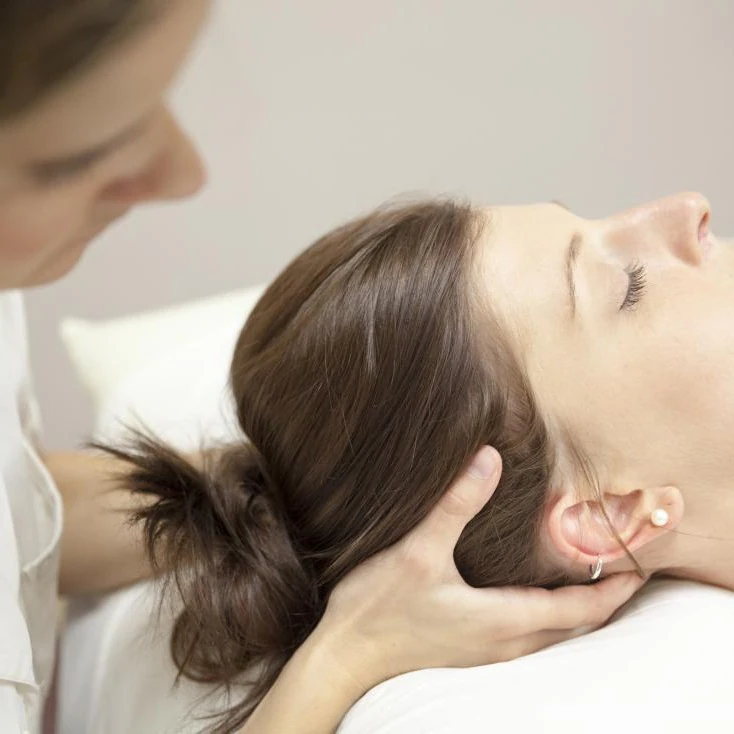
Vertigo is the sensation of motion, typically rotational, and becomes more common with age. It is often caused by vestibular disorders affecting the inner ear or brain. The most frequent causes include:
- Benign Paroxysmal Positional Vertigo (BPPV): Caused by dislodged otoconia (ear crystals) in the semicircular canals.
- Acute Vestibular Neuronitis/Labyrinthitis: Viral or bacterial inflammation of the vestibular nerve or inner ear structures.
- Meniere’s Disease: Characterized by episodic vertigo, tinnitus, hearing loss, and a feeling of fullness in the ear.
- Vestibular Migraine: A migraine variant that affects balance and causes dizziness.
- vetibular paroxysmia
- Anxiety Disorders: Can cause dizziness, often linked to hyperventilation and stress related vestibular dysfunction.
Diagnosis & Evaluation
- History & Symptom Analysis: Onset, duration, triggers, associated symptoms.
- Physical Examination: Neurological and vestibular function tests.
- Dix-Hallpike Maneuver: To diagnose BPPV.
- Audiometry & Imaging (MRI/CT): If needed, to rule out central causes.
Treatment & Management
1. Benign Paroxysmal Positional Vertigo (BPPV)
- Canalith Repositioning Maneuvers (Epley, Semont, Brandt-Daroff)
- Vestibular Rehabilitation Therapy (VRT)
2. Vestibular Neuronitis & Labyrinthitis
- Acute Management: Vestibular suppressants (meclizine, diazepam) for short-term relief
- Corticosteroids in severe cases
- Vestibular exercises for recovery
3. Meniere’s Disease
- Low-sodium diet & diuretics to reduce fluid buildup
- Betahistine & vestibular suppressants for symptom relief
- Intratympanic steroid or gentamicin injections in resistant cases
- Surgical options (e.g., endolymphatic sac decompression)
4. Vestibular Migraine
- Migraine prophylaxis (beta-blockers, calcium channel blockers, topiramate)
- Dietary modifications (avoid caffeine, alcohol, triggers)
- Lifestyle changes (sleep regulation, stress management)
5. Anxiety-Related Dizziness
- Cognitive Behavioral Therapy (CBT)
- Anxiolytics & SSRIs (if necessary)
- Breathing & relaxation techniques
Effective vertigo management depends on accurate diagnosis and targeted treatment. While some conditions resolve spontaneously, others require long-term care with medical, rehabilitative, or surgical interventions. Vestibular rehabilitation therapy plays a crucial role in most cases to improve balance and reduce symptoms.
Surgical treatment for vertigo management
Surgical treatment for vertigo management is considered when medical therapies are fails to provide relief, focusing on procedures like vestibular nerve section, endolymphatic sac procedures, or labyrinthectomy.

